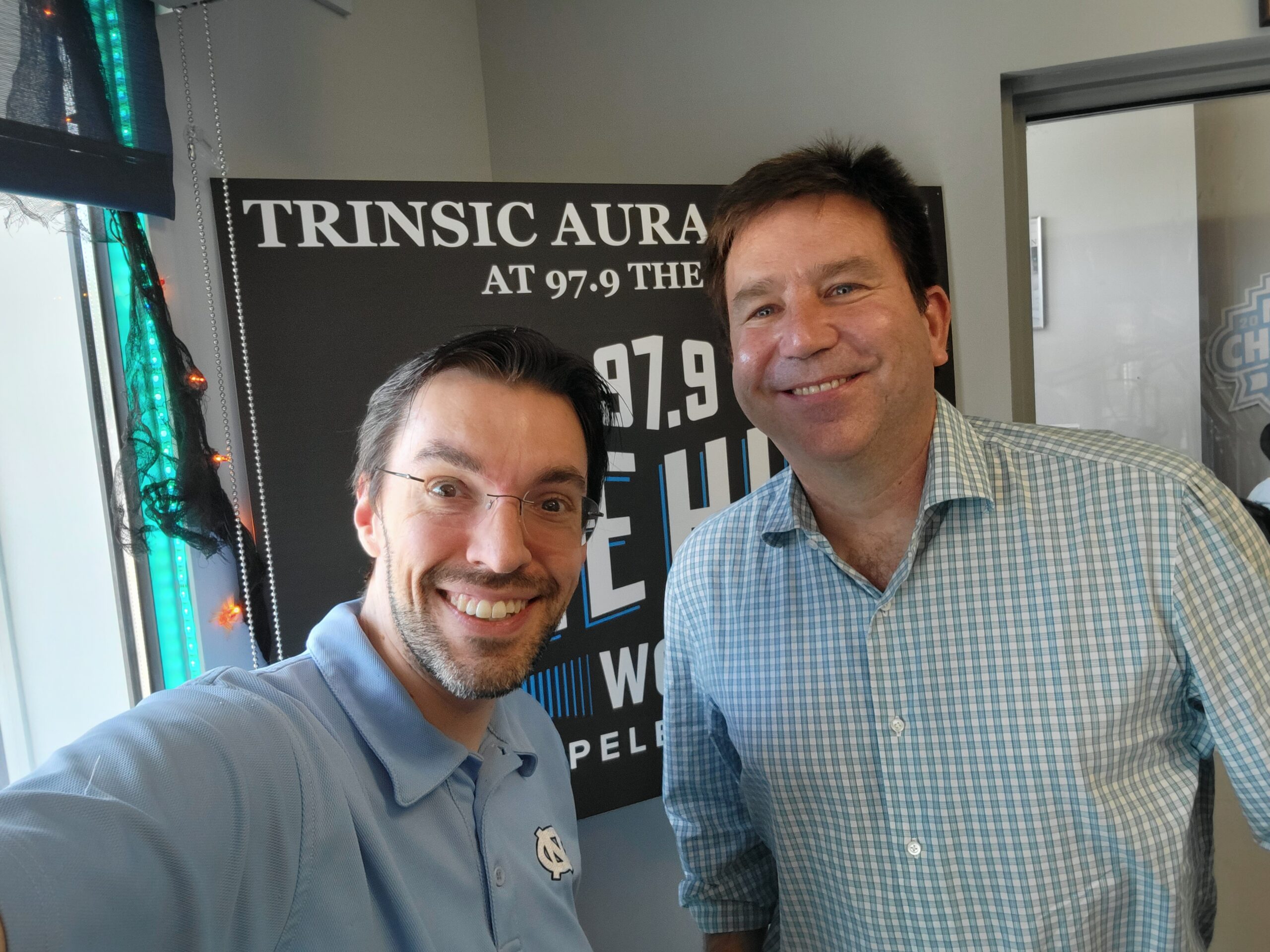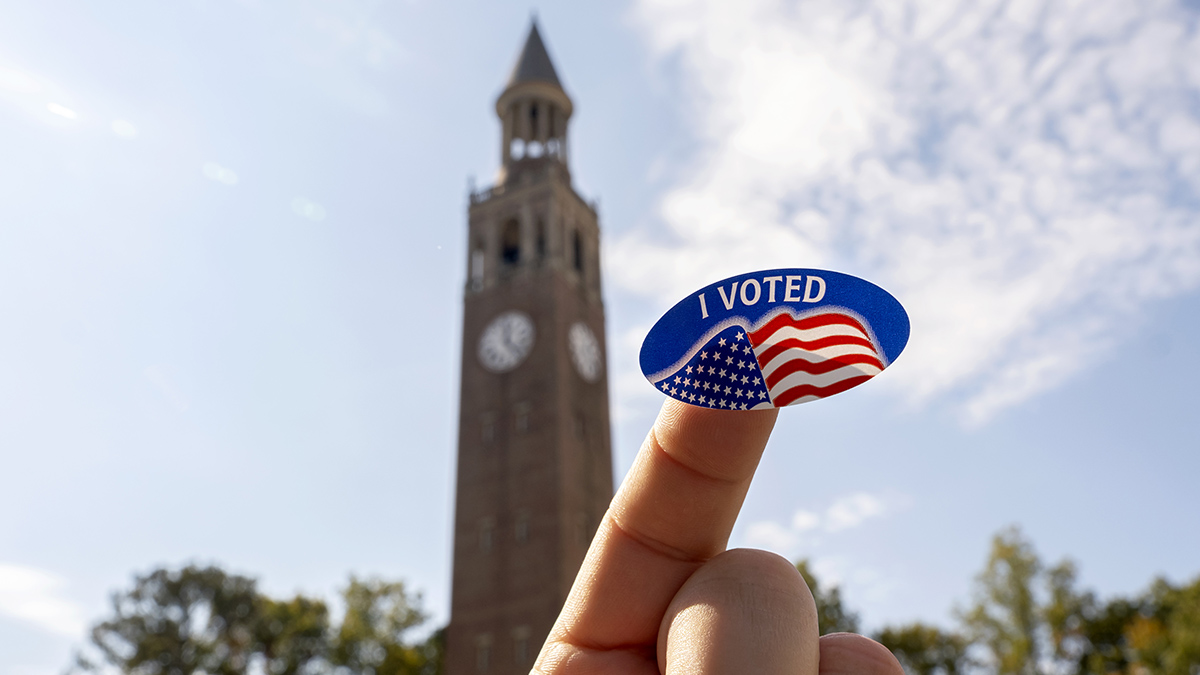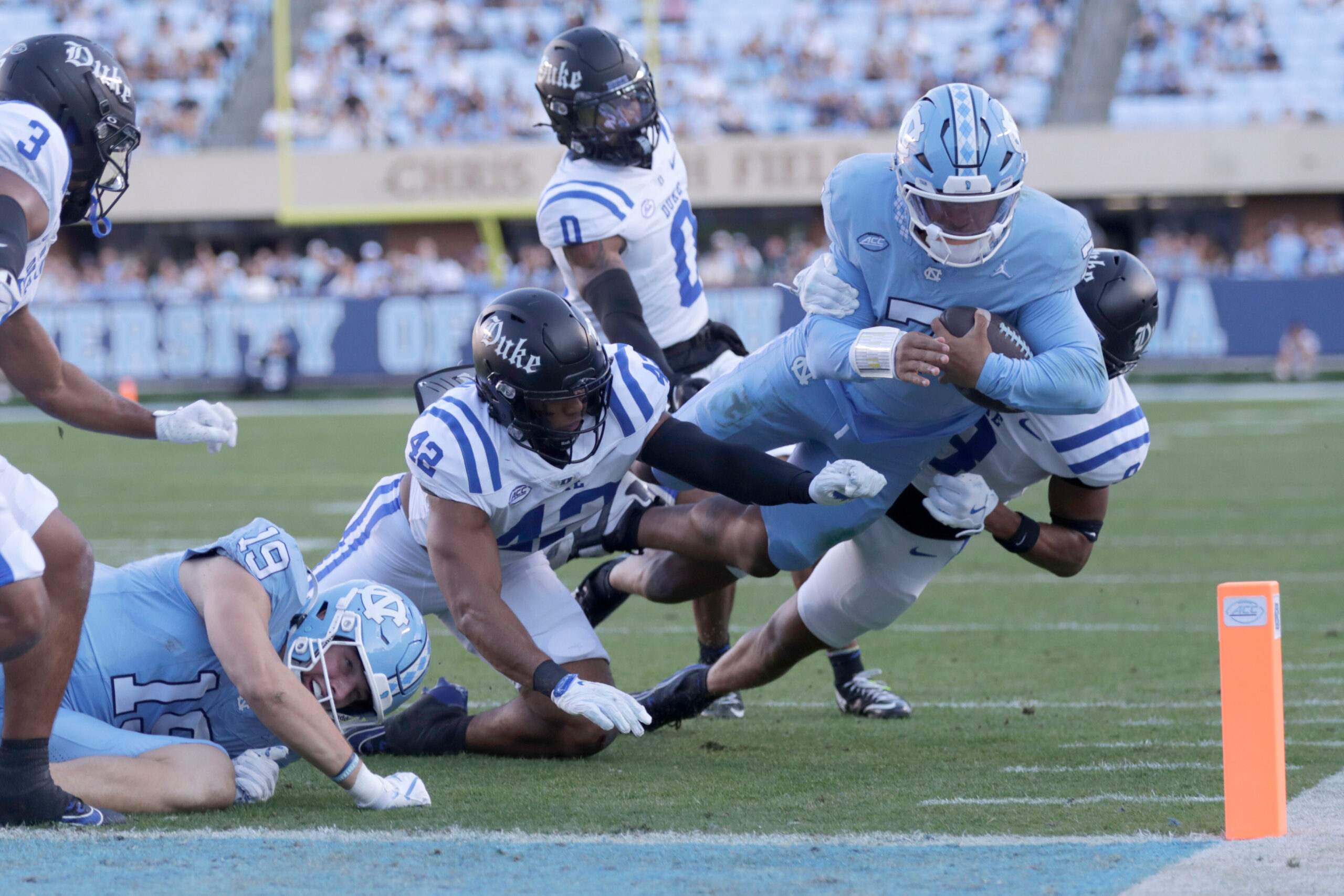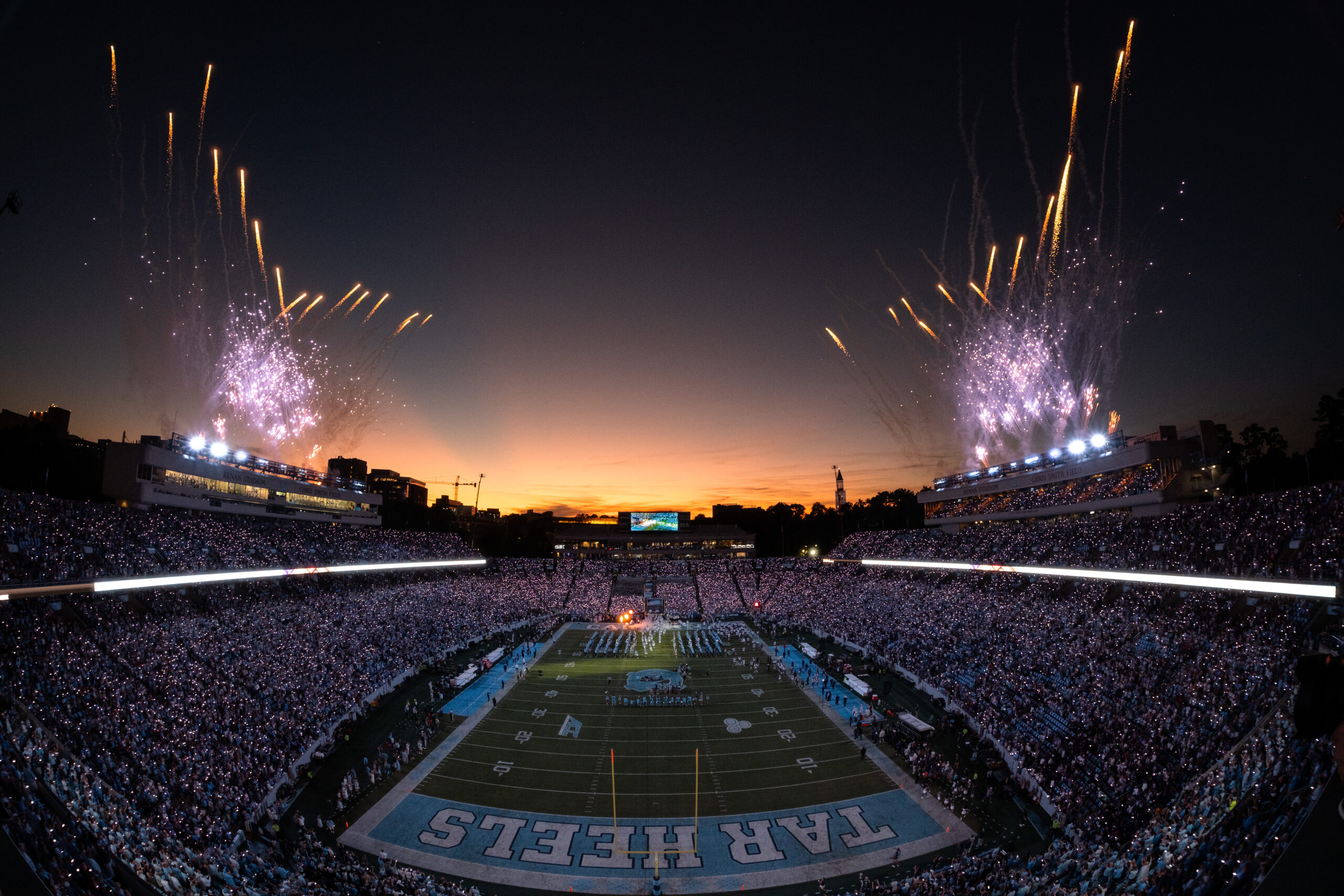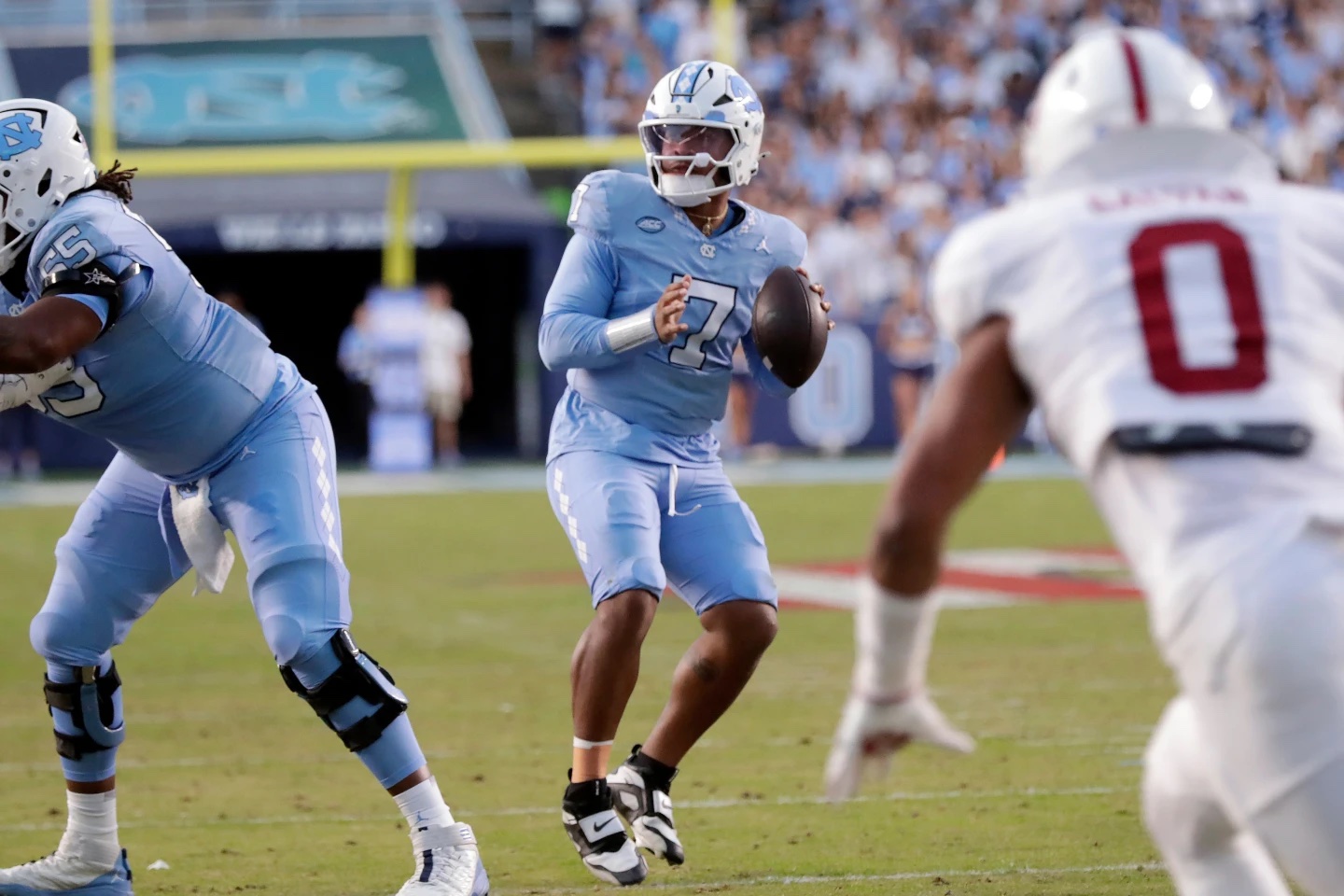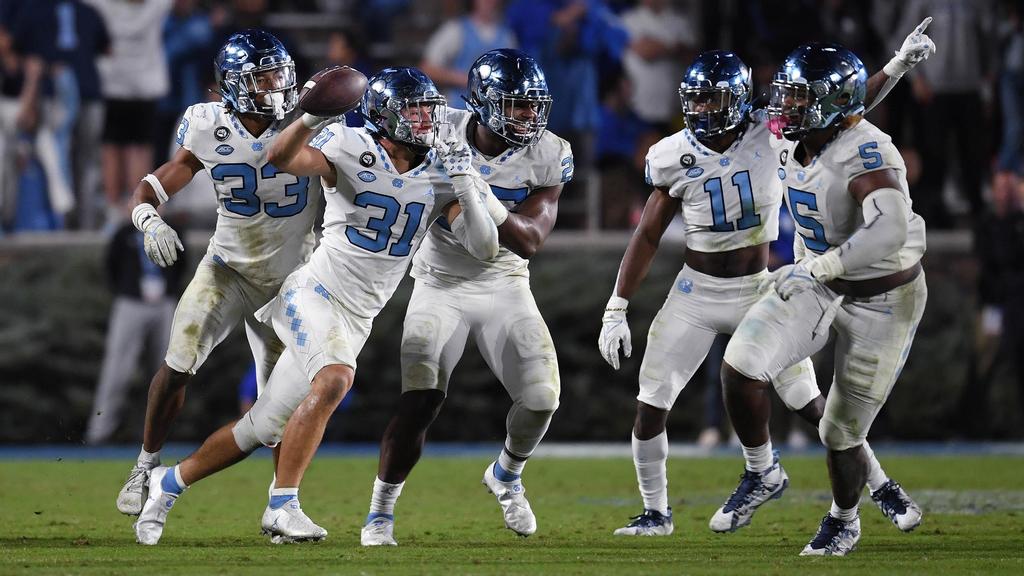By now, it’s not news to anyone that we live in a highly polarized political climate. Especially in a charged election season, Americans are expressing stronger and stronger affinities for their political side – and more troublingly, we’re also expressing more and more negative feelings toward our political opponents. That’s led to some violence and threats of greater violence – and on the Republican side, it’s also produced a widespread belief that Democrats must be cheating, even in the absence of any evidence.
What’s causing this rise in polarization? How does today’s polarization compare to other periods in U.S. history? How worried should we be about it? And what can we do to combat it?
97.9 The Hill’s Aaron Keck recently spoke with UNC political scientist Marc Hetherington, whose research focuses on partisanship and polarization. With Jonathan Weiler, Hetherington is the co-author of Authoritarianism and Polarization in American Politics (2009) and Prius or Pickup? How the Answers to Four Simple Questions Explain America’s Great Divide (2018).
Click here to listen to their conversation.
Aaron Keck: Thoughts about this election cycle?
Marc Hetherington: This is such a consequential election, and it’s characteristic of so many recent elections (in) that either side could come out with the majority in both the House of Representatives and the US Senate. This has been the case since the 1990s, where either side could end up on top. And I think that closeness is one of the things that fuels this kind of polarization and knee-jerk voting for the side that people identify with. That closeness ramps up the strong feelings that people have – just like when UNC and Duke are relatively close in terms of their quality, and especially when they’re both good, people care much more about it than when (only) one team is good.
Keck: And even if there’s a player on your team that you absolutely hate, you’re still going to root for your team anyway. This is something that we talked about before we started: usually you’d think the quality of the candidate would make a big difference, (but) now we’re so polarized that people are just going to vote their party, their side, regardless.
Hetherington: We have never been in a time that is this partisan. Maybe in the late 1800s, but that was over a hundred years ago. Consider the 2020 presidential election: a couple hundred thousand people had died from COVID, economic challenges everywhere, and Donald Trump (still) got 94% of the Republican vote. The last time that percentage of Republicans voted for their (candidate) was when Ronald Reagan was running for reelection in 1984, and times were just about as good as they could possibly be. So what all this points to is that people are voting for the D or the R at this point – and, you know, that’s going to take at least some of the volatility out of any election that takes place in any given year.
Keck: What are the driving factors behind what we’re seeing now?
Hetherington: There are a couple of things that are really important, and let me start with what the most important core feature of polarization is. Sometimes we have this sense that the thing that really (differentiates) Republicans and Democrats is, you know, where they stand on the issues. (And) there are some issues that are really important to Republicans and Democrats – but not that many. The real nature of polarization is how we feel about each other – and it’s not necessarily even how we feel about our own side. It’s really how we feel about the other side. And what we’ve seen over the course of the last 40 years is a situation where – Republicans and Democrats used to have kind of neutral feelings toward their opponents, and that meant they could consider voting for the other party. “They’re not so bad, I don’t like them as much as my party, but, you know, they’re not terrible people.” But what’s happened, especially in the last 15 years, is that we’ve come to dislike our opponents. I think we could call it hatred. We’ve never experienced this kind of dislike. And, you know, think about it in your own personal life: when you really hate something or someone, you can’t even imagine considering rooting for them, (or) hoping good things happen when they’re in charge.
And this is where we are in the United States right now. The polarization of feelings, the negative feelings we have for our political opponents are off the charts.
Keck: Is there a precedent for this? Historically? You mentioned the late 1800s.
Hetherington: We don’t have any survey data, to be sure, but – yeah, I think the last time we had this kind of antipathy for our opponents, we’d (have to) go back to the Civil War era. Now, I’m not saying we’re facing a civil war. In fact, I don’t think anything like that is going to happen. But that’s the last time that Republicans and Democrats disliked each other, the way they dislike each other in this day and age.
Keck: I’m fascinated by the way you characterize the extent to which people stick with their parties. I recently read “Nixonland” by Rick Perlstein, a great book about the period from 1964-1972, when political antipathy was (also) extremely high, and political violence was much higher than we’re seeing even now. But part of the thesis of that book was (that) in 1964, everyone voted for LBJ, and in 1972, everyone voted for Nixon – so there was a large percentage of Americans who were willing to switch sides from one to the other, even with that amount of partisanship and polarization and bad feelings. And now it’s very, very different.
Hetherington: Aaron, that’s such a good observation, because – you know, the 1960s were an incredibly polarized time, (with) more political violence taking place. But let’s think about the issues – because there were super-polarizing issues: race, the Vietnam War, gender equality. But here’s the difference. Those issues, as polarizing as they are, used to divide the parties internally. The Democrats under LBJ put civil rights into place with the Voting Rights Act of 1965 and the Civil Rights Act of 1964 – but there were lots of Democrats who were against it. A higher percentage of Republicans voted for the Civil Rights Act than Democrats – but there were plenty of Republicans who were against it. So here’s the thing: those types of issues divided the parties internally. These days, the parties are not divided internally on those big issues. Those hot-button culture issues, race or gender equality or sexual orientation, the things that really get us out of bed and fired up in the morning: the Republicans are clearly more conservative, the Democrats more liberal. And now that you add those polarizing hot-button, cultural, deep-in-the-guts issues with your party identity – you know, this is the thing that creates the kind of anger and belief that the other side is not just disagreeable, but really dangerous. “They don’t see the world the way we see the world.” And that’s why we have the politics that we have today.
Keck: How worried are you? How worried should we be?
Hetherington: I’m worried. You know, one of the things that political scientists tend to do is say, “Ah, we’ve been here before. It’s no big deal.” (But) last I checked, January 6th hadn’t happened before. Over 60 percent of Republicans still believe the 2020 election was stolen, despite the fact that there’s really no evidence for it. Scores and scores of Republican candidates are running for office on the Big Lie, because this is what their constituents want to hear, rather than what’s true.
And it’s not just Republicans. I would say that if the tables were turned, and it was Democrats who were questioning election outcomes, Democratic partisans would follow too. Why? Because we hate our opponents so much. You know, when you really hate your opponents, you’re willing to believe anything that’s good about your side and anything that’s bad about the other side. Now you mix that together with some leaders who aren’t very high-quality people, and we can have a powder keg of problems, as we learned on January 6th.
Keck: And you’ve got a book titled “Authoritarianism and Polarization” that was published in 2009. So this isn’t a super-new issue, it’s something that’s been worrying you for a while.
Hetherington: That book, a lot of people suggest this was a sort of forerunner in figuring out what was changing about the base of the Republican Party. The questions that we use to predict people’s politics, they have to do with childrearing preferences. They have to do with whether people would rather have independent kids or kids that respect their elders, whether they’d rather have curious kids or those that are obedient. Those are the fundamentals of life, right? And what we’re finding is that this is why we dislike each other so much: the worldview that is associated with having kids that are searching and curious is completely different from the one that’s about respect and obedience. This is key to helping us understand why we just look at the other side and think “what makes them tick? They’re wrong, they just don’t get it.”
And you know, when you don’t respect your opponents, when you don’t understand the perspective that they come from, you just dismiss them. Then we got real problems.
Keck: So what can we do, just as individuals, to push back against this – especially for those of us who look at the other side and go, “yeah, they are wrong about this and that issue”?
Hetherington: Well, I think one of the things that’s really important is for people to realize that politics is really just a small part of who (we) are. You know, we tend to think, especially in a political season like this one, that politics is everything. But you know, the fact of the matter is, families are more important to people. Baseball is often more important to people. How UNC football is playing is more important to people. I encourage people – rather than trying to change each other’s mind about politics, go out and do a project together. Go build a house, do a volunteer thing. And come to realize that people who disagree with you about politics are not the kind of monsters that you’re conjuring in your mind about. The people who follow this politician or that politician – mostly, they’re just like you.
Chapelboro.com does not charge subscription fees, and you can directly support our efforts in local journalism here. Want more of what you see on Chapelboro? Let us bring free local news and community information to you by signing up for our biweekly newsletter.

